Medical news on December 14: Proposal to amend regulations on special drug control
The Ministry of Health is drafting a Decree detailing a number of articles and measures to implement the Law on Pharmacy, aiming to resolve difficulties in controlling special drugs, thereby improving management efficiency and ensuring pharmaceutical safety.
Proposal to amend regulations on special drug control
After 7 years of implementation, the provisions of Decree 54/2017/ND-CP have revealed a number of issues that need adjustment, especially in the control of special drugs.
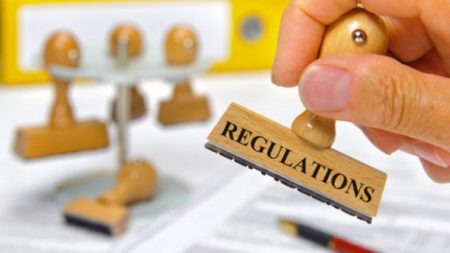 |
| The Ministry of Health has proposed a number of important amendments to remove obstacles in the control of special drugs, thereby improving management efficiency and ensuring pharmaceutical safety. |
One of the points pointed out by the Ministry of Health is that the current reporting regime for radioactive drugs is unnecessary and some reporting forms can be simplified. Specifically, instead of requiring trip reports and 6-month reports, the Ministry of Health proposes that only annual periodic reports are required as for other drugs and pharmaceuticals in the list of controlled drugs.
In addition, regulations on reporting the export, import, inventory, and use of toxic drugs and toxic ingredients for making drugs are not completely consistent with regulations on the management of drugs and pharmaceutical ingredients in the list of prohibited substances.
The procedures for destroying addictive drugs, psychotropic drugs and drug ingredients have not been implemented in accordance with the decentralization in Decision 1015/QD-TTg on decentralization and delegation of authority. In particular, the current dossier for importing drugs requiring special control is still quite complicated and needs to be simplified to reduce administrative procedures.
In the new draft, the Ministry of Health proposes a number of important amendments to remove the above obstacles:
Control of transport of special drugs: The Ministry of Health proposed to add regulations requiring vehicles transporting special drugs such as narcotics, psychotropic drugs, and radioactive drugs to have cameras to monitor the journey and ensure security to avoid loss during transport.
Streamlining reporting of radioactive drugs: For radioactive drugs, the Ministry of Health proposes to abolish trip reports and 6-month reports, replacing them with annual periodic reports similar to other drugs in the special control list.
Reporting on toxic drugs and toxic ingredients: The Ministry of Health proposes to require establishments to report on the export, import, inventory and use of toxic drugs and toxic ingredients for medicine once a year, instead of reporting regularly as at present.
Destruction of addictive drugs and psychotropic drugs: The Ministry of Health also proposed decentralizing the Department of Health where the business location is located to receive and process procedures for permission to destroy addictive drugs, psychotropic drugs, and precursor drugs.
Simplifying drug import procedures: The draft decree also proposes to exempt some administrative documents for cases of importing raw materials for drug testing and research, in order to reduce administrative procedures for facilities.
Conditions on personnel and documents in the process of drug delivery: The person delivering and receiving special drugs must have a secondary school diploma in pharmacy or higher. In particular, for radioactive drugs, the person delivering and receiving is required to have a radiation safety certificate according to the regulations of the Ministry of Science and Technology.
Regarding regulations on the purchase and sale of special drugs, the Ministry of Health proposes that drug manufacturing facilities are only allowed to import raw materials to serve their own drug manufacturing activities and are not allowed to sell to other facilities without permission from the Ministry of Health.
Manufacturing and importing establishments of addictive drugs, psychotropic drugs, and precursor drugs will only be allowed to sell drugs to establishments with certificates of eligibility for pharmaceutical business, research and testing establishments, addiction treatment establishments, or specialized medical and pharmaceutical training establishments.
In particular, drug wholesale establishments subject to special control are only allowed to sell drugs to medical examination, treatment, research, testing establishments or pharmacies with specific addresses within the province. The establishments must carry out clear procedures and have valid licenses throughout the buying and selling process.
The draft Decree amends the regulations on special drug control of the Ministry of Health to remove obstacles in the management process and improve transparency in the control of special drugs. These changes not only help reduce administrative procedures but also ensure security in the transportation and distribution of special drugs, thereby creating a safer and more effective medical environment for the community.
HCMC: Measles cases continue to increase, high risk of complications in unvaccinated children
According to information from the Ho Chi Minh City Center for Disease Control (HCDC), the measles situation in the city remains complicated and has continued to increase in recent weeks.
Specifically, in week 49 (December 2 - December 8), Ho Chi Minh City recorded 357 measles cases, an increase of 47.8% compared to the average of the previous 4 weeks. The total number of measles cases since the beginning of 2024 has reached 2,805 cases.
Districts such as District 1, 3, 4, 5, 6, 7, 8, 10, 11, 12 and other areas are recording a high number of cases. Despite the widespread vaccination campaign, the measles situation shows no signs of abating.
Dr. Vo Thanh Luan, Deputy Head of the Department of Intensive Care for Infection and Covid-19, Children's Hospital 2, said that measles is highly contagious and can lead to serious complications, especially in children who have not been fully vaccinated or have underlying diseases. Currently, hospitals in Ho Chi Minh City are receiving a large number of measles patients, many of whom require intensive treatment, blood filtration and mechanical ventilation.
Children who have not been vaccinated or have not been fully vaccinated are at high risk of becoming seriously ill when they get sick. Warning signs include high fever, cough, runny nose, red eyes, rash and diarrhea. Parents should take their children to the doctor as soon as they notice these symptoms for timely treatment and to avoid worsening.
Dr. Luan also advised parents that when children have measles and diarrhea complications, feeding them white porridge is a mistake. In fact, children need to be provided with adequate nutrients to help their bodies fight the disease and recover quickly. In addition, it is necessary to keep children clean, isolate them from other children and closely monitor their condition.
In addition to measles, Ho Chi Minh City is also recording cases of dengue fever and hand, foot and mouth disease. In week 49, the city had 659 cases of dengue fever, down 6.6% compared to the previous 4 weeks.
The Ho Chi Minh City Department of Health has directed to strengthen the prevention and control of severe viral pneumonia (SVP) and respiratory diseases, especially in the context of the increasing risk of avian influenza.
The Department of Health requires medical facilities to strictly implement epidemic prevention measures, including wearing masks in medical facilities and closely monitoring severe pneumonia cases. Medical facilities need to coordinate with the Center for Disease Control to carry out monitoring activities and report promptly.
Risk of hemiplegia and neurological disorders due to laughing gas
Recently, doctors at major hospitals in Vietnam have continuously received cases of patients experiencing serious health problems due to the abuse of “laughing gas” – a type of laughing gas extracted from compressed gas cylinders, often used to create a feeling of excitement.
Doctors warn that using laughing gas not only affects the nervous system but can also cause dangerous complications such as sensory disorders, hemiplegia, and even be life-threatening.
After many times directly examining and treating patients with serious health problems due to the use of laughing gas, Dr. Tu Duc Minh, Head of the Department of Traditional Medicine - Physical Therapy - Rehabilitation at Yersin Nha Trang General Hospital (Khanh Hoa), had to speak up to warn about the potential risks if there are no timely preventive measures.
Dr. Minh said that recently, the hospital has received many patients with serious symptoms after using laughing gas. One of the recent cases is patient QA, living in Muong Thanh Vien Trieu area, Nha Trang city. The patient came with symptoms of emotional disturbance, fear and weakness in the limbs.
Another patient, T.Th., also came to the doctor with unsteadiness, tremors, numbness in the limbs and insomnia. Notably, both patients were very young and the above symptoms appeared after they used laughing gas.
According to BSCKI Tu Duc Minh, although laughing gas brings a feeling of excitement and instant relaxation, regular and uncontrolled use can cause serious harm to the nervous system and body.
Symptoms such as emotional disturbances, weakness in the limbs, staggering, numbness and insomnia are clear signs of cerebral hypoxia due to the effects of laughing gas (N2O).
If this condition persists or is not treated promptly, it can lead to serious nerve damage, impaired body function, and even be life-threatening.
Dr. Minh confirmed that these cases are not rare and are on the rise, especially among young people who regularly attend parties or events that use laughing gas.
BSCKI Tu Duc Minh recommends that when detecting symptoms such as loss of emotional control, fear, muscle weakness, insomnia, or numbness in the limbs after using laughing gas, users should immediately go to a medical facility for examination and timely treatment. The use of laughing gas not only affects neurological health but can also cause long-term consequences if not intervened.
In addition, the doctor also emphasized the need for preventive measures from the community and family. Parents, teachers and social organizations need to conduct propaganda activities about the risks of using laughing gas, especially for teenagers, to limit the serious harm that can occur.
Using laughing gas can cause many serious health problems, especially the nervous system. Symptoms of emotional disorders, weakness in the limbs, staggering, and insomnia are clear signs warning of the risk of damage caused by laughing gas. Therefore, vigilance and timely intervention are needed to protect the health of oneself and the community.
Laughing gas (N2O – nitrous oxide) is said to be a substance that can create a feeling of excitement, pain relief and instant relaxation, but when used incorrectly and excessively, it causes unforeseen harmful effects. Inhaling laughing gas reduces the oxygen concentration in the body, leading to brain hypoxia and causing long-term damage to nerve cells.
Using laughing gas causing sensory disturbances may be just one of the initial symptoms, but without timely intervention, the patient may experience more serious complications, such as stroke or permanent brain damage.








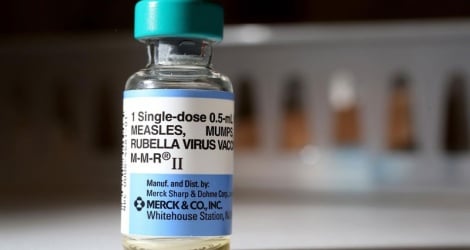

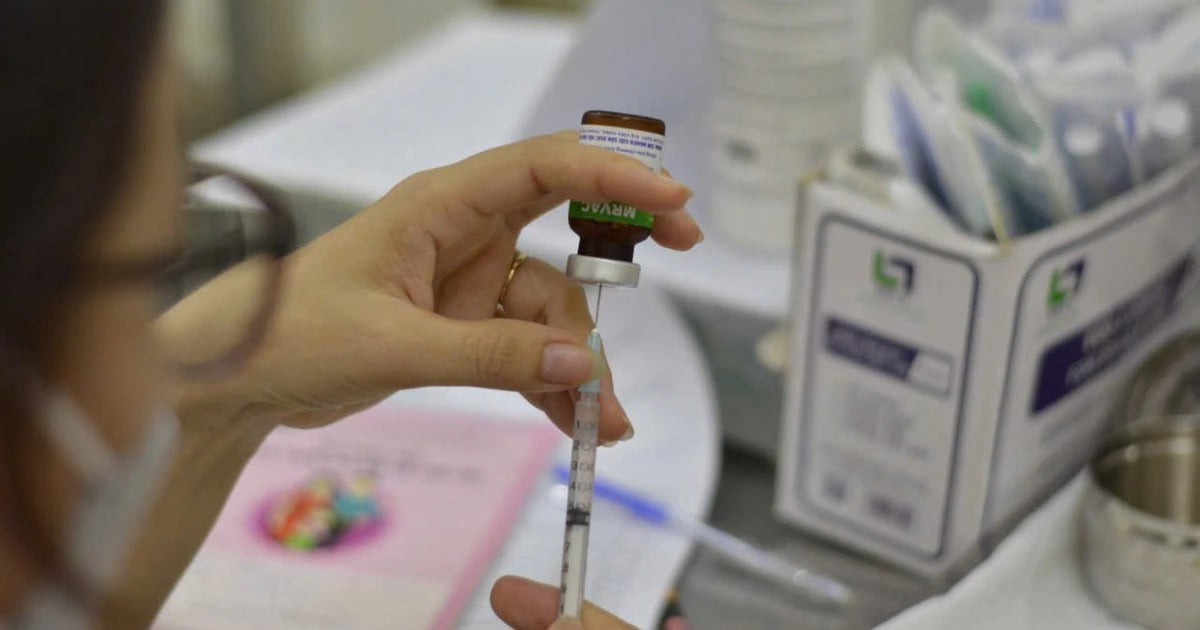

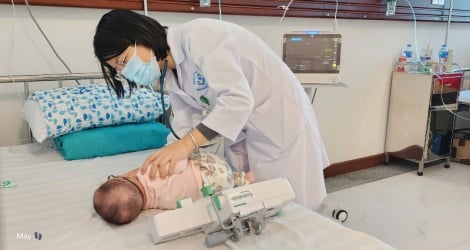
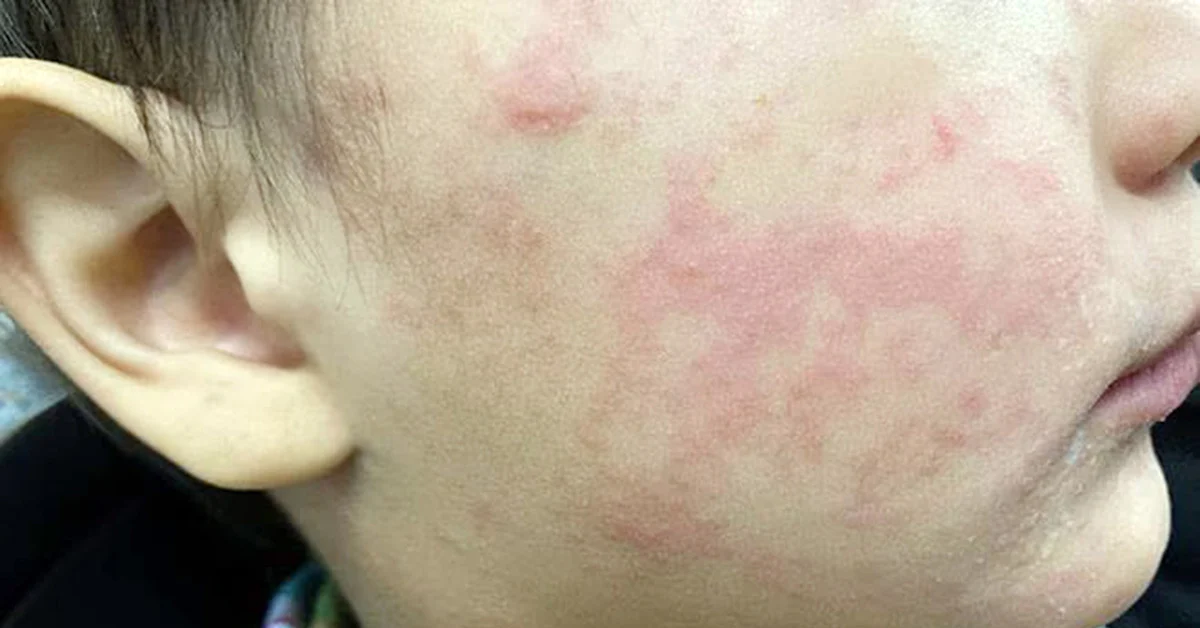

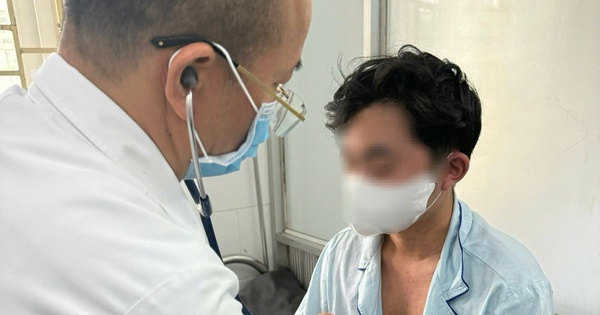
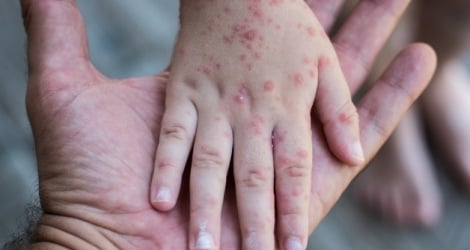



















Comment (0)